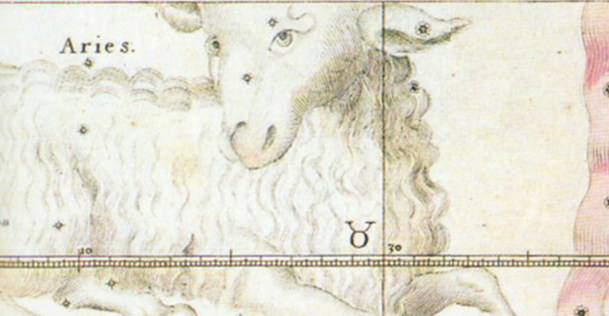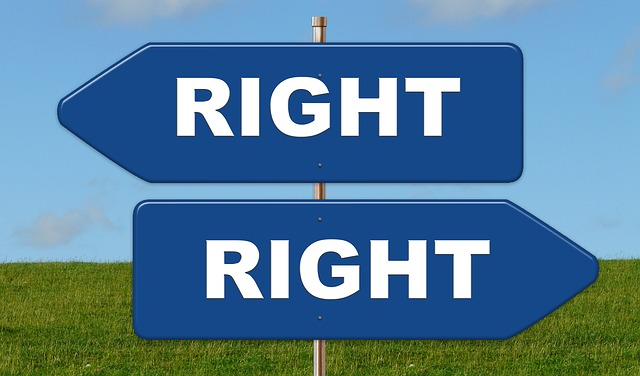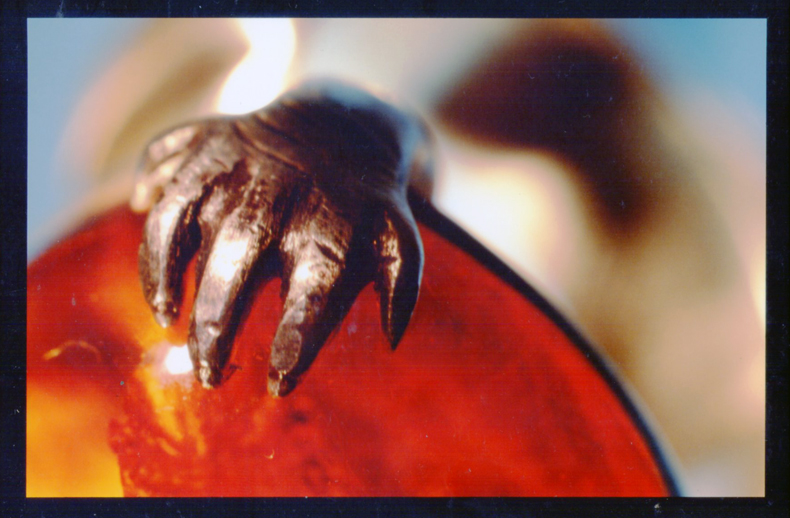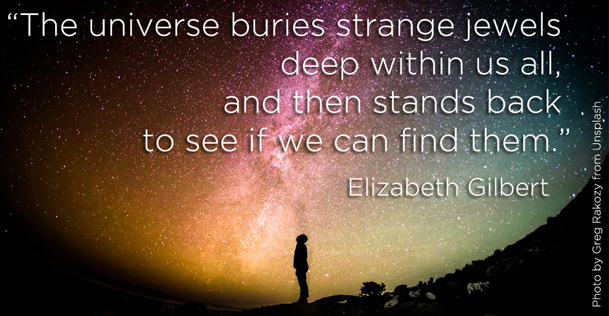But you ARE your body. Here’s why.
I’ve heard a few people comment lately, following a period of challenging illness, that in the end they discover they are not their bodies.
They are something more transcendental, more unfettered and free.
I always feel a visceral reaction to statements like this. Maybe it’s the Taurean archetype coming out…
While I get what they are saying – we are a soul that lasts beyond the mortal flesh and so forth – to me there is something fundamentally wrong with this attitude.
Think I’m being a materialist here? Maybe I am, just not in the way you are imagining it…
It’s in moments of illness and suffering that we get to feel completely alone.
And we mistakenly think that being ‘trapped’ in an individual body is the reason we are alone, because we really crave the connection, the sense of belonging, the feeling of oneness with a divine source that we know is the cure for any dis-ease.
I say ‘mistakenly think’ because this is a social training. It sneaks in as we are learning how to speak, and as we grow older it becomes more and more the way we think about ourselves – isolated entities, separated into our own individual bodies.
While this appears to be true on the surface (according to visual logic), it’s patently not true on any kind of fundamental level. Molecules, cells, the colonies of bacteria and parasites in our bellies and on our skin, all ensure we are always multiples, never singular.
Each of our cells is a tiny intelligent system, banding together with every other cell to create an “I”.
This apparently singular body is actually composed of trillions.
And do we end at the edges of our skin? It’s a big question, just the kind I like to get lost in.
But don’t worry – I’ll stick to the point.
Which, succinctly, is that when we blithely mouth the cliché ‘you are not your body’ we are throwing the baby out with the bathwater, exacerbating, even perpetuating the split between body and mind, body and spirit.
It’s a dangerous attitude. And sooo old school.
If you’re having a hate relationship with your body – stop!
If you think you have to control your body – stop!
In fact, you are your body, and your body is also so much more than what you think it is.
Your body is a vehicle for soul, sure. But it’s not like getting in your car & driving somewhere.
Our soul (and mind, for those who feel a little uncomfortable with soul stuff) completely permeates our body.
It lives in every cell & molecule. Yep, mind also lives in the body. It doesn’t depart until you die, when everything breaks down & recycles into new form.
When people say “I realise I am not my body” what they are really trying to say is:
‘I realise I am not the body that has been proscribed by medicine, and materialism, and prudish Christians…”.
And what they have actually realised is that they are not what is represented by the concept of ‘body’.
This is the difference between the representation (what we think it is: the concept of ‘body’), and the reality – what is real, what exists despite and outside of the understandings given to us by society, by medicine, or by spiritual systems.
So the problem is not our bodies, per se, the problem is what we think our bodies are…
Because whether we think that the body is the limits of the self, or whether we think that our bodies trap us in a world of matter and separate us from spirit, these are simply ideas we have about bodies.
This holds true whether we’re talking the ideas that science has about bodies, or what spiritual disciplines tell us about bodies.
When we say “I am not my body” we are really trying to escape the constrictions and limitations in our own thinking.
May as well say “I am not my mind”.
So, if you think your body is a dumb lump of flesh, that’s just a concept you learnt somewhere. It ain’t the truth.
We wouldn’t even be able to have a concept about a divine life, or a dull life, without our body.
Any inspiration, or pleasure, any intelligence of any kind comes through perception.
This is the ability of your brilliant physical form to pick up transmissions and translate them from the imperceptible to the tangible.
Beauty, joy, love, all are found in form. And only possible by living it.
The physical body does not make us separate from the great divine web of life – it is our ticket to this glorious event.
Don’t try to get out of your body – try to escape your narrow concept of self.
Your mind is actually your problem, not your body.




Finally someone who said it just the way I felt about it! The whole concept of ‘you are not your body’ caused me to become incredibly ungrounded and lost in life. You ARE your body, but at the same time more. You are NOT your mind however.
What I still don’t understand however is that while you say “without our body we wouldn’t have a concept of the (divine) life” and that’s my thinking too, I’ve read so many times that there are other dimensions in which souls reside in; not just in our earthly realm.
This seems to trivialize the realm we live in, along with the ‘ticket’ we got to get here, our body. This concept won’t leave me even though I want to forget it.
I’d appreciate any ideas on understanding this!
Hi Joulie
It’s so good that you feel this way too – and it’s interesting to hear your story of becoming ungrounded by this ‘you’re not your body’ idea. I really think this is a huge problem for many who feel the tug of other dimensions – and they often suffer from a sense of not belonging here in this one.
But honestly I’m convinced the problem is in how we’ve been trained to think about ‘matter’. As you say ‘we’re not our minds’, and we trivialize our experience both by rationalising things the mind can’t understand, or going to the other extreme and denying the substance of our existence as if this body is the problem that’s keeping us trapped in our limited reality. Lots of spiritual traditions do this. But the very ancient ones, such as shamanism, do not.
When I say that without our body we wouldn’t have a concept of divine life or living, what I really mean is that all the understanding we’re capable of having in this human life comes to us firstly as perceptions before it becomes an understanding or a concept. How can we get an understand of anything if we’re not already using our vision, or our other senses? Also, the belief we just have 5 senses limits our capacity too. Rudolph Steiner talks of 12 senses. Our bodies have such a mysterious intelligence and our modern understanding of matter has cut us off from this… do we even know what knowledge our bodies have of these other realms? How limited is our (current) understanding of our bodies anyway?
Looking forward to hearing your further thoughts on this fascinating topic!
I think people mean “I am not my body” in the same sense as I might say, “I am not my ankle.” Just because I have a broken ankle doesn’t mean I am a broken person. Just because I have a broken body doesn’t mean I am a broken person.
And yet, as you point out, this point of view must be reconciled with not artificially limiting what we think of as our “extent.” I think there is some way in which our body is a part of us, and yet it is also something we are in relationship with, just as we are all a part of each other and yet in relationship with each other. Someone who doesn’t have good boundaries in relationships acts as if what is true of one person must be true of the other. They think of others as an extension of themselves in an unhealthy way. Someone who has this problem with a partner might come to say, “I am not my partner. We are two different people.”
I think you are right that it is about disidentifying your body from your existing concept of your body, so that you can develop a new, truer concept of your body, and maybe part of this new concept is individuating your body more from the rest of “you,” which is what people are remarking on.
Yes, David, you make a good point: that declaring “I am not my body” is a way of making clear that just because our body is ‘broken’ this doesn’t mean our self is ‘broken’. Interestingly, I’m feeling this lead into a larger discussion about our inability to deal with paradox…and I’m quite convinced this is actually a problem inherent in our culture…
It’s about being trapped in a version of reality, based on the logical view of how the world works, where something cannot be both broken and whole at the same time!
The artificial limitation of our extent comes out of the artificial limitation of our consciousness and is expressed through our cultural belief that we can’t be two (or even more) contradictory things at the same time (because they talk against each other creating chaos). We then apply that thinking to our bodies, and this traps us in the ghetto of disconnection and separation where we can’t think our way out of conundrums without making declarations like: “I am not that!”
This limited idea of what our bodies are springs from our limited conception of matter, and is shaped by ideas and assumptions that reflect limited understandings of reality… These ideas and perspectives have become embedded in our culture – and in our expressions and language. And language is not symbolic – it can’t make multiple references – it’s representational and is designed to be as clear and concise as possible. So then our thinking makes our bodies representational as well – a sick body or a broken ankle, a problem in a relationship etc are taken to represent something more ‘all encompassing’…
Anyway I realise I’m getting all philosophical about this so perhaps it warrants a separate post! I really value your comment and insight on this topic, and as you say, essentially it’s about developing a truer concept of our bodies – however I would add it’s not about individuating our bodies from the rest of us. I’m actually more interested in incorporating (yep – pun intended) the rest of us into/with our bodies because our bodies don’t exist inside of language and logic like our mentality does, and thus can offer us a more wholistic perspective, which is only possible beyond logic and representational thinking…